Marvelous yet frighteningly effective – that’s what was said about AI, fearing it would strip away what we have considered exclusively human. It was said it would compose music that’s more beautiful, write poetry that’s more moving, create paintings that are more deserving of recognition. And finally – that it would practice science better than we do. However, that won’t happen. It’s proven by the films selected by Karol Jałochowski for this year’s edition of Docs+Science – extraordinary documentaries about the relationship between science and art. More precisely – about imagination and sensuality.
This year belonged to it. Or at least that’s how the creators of artificial intelligence, especially those who sell it – large corporations seeking further growth – would like to think about it. Scaled up to astronomical proportions with billions of dollars, fed trillions of words and images, trained by the poor from the third world for pennies. And yet it’s cast in the role of the eighth wonder of the world – says section curator Karol Jałochowski, a journalist, documentary filmmaker, and editor-in-chief of the popular science website Pulsar.
Biographical tropes and unconventional use of new technologies – that’s what you can expect from this year’s Docs+Science. The program features six carefully selected documentary films that will take viewers into a world known from science fiction stories. Only this time, it’s no longer fiction.
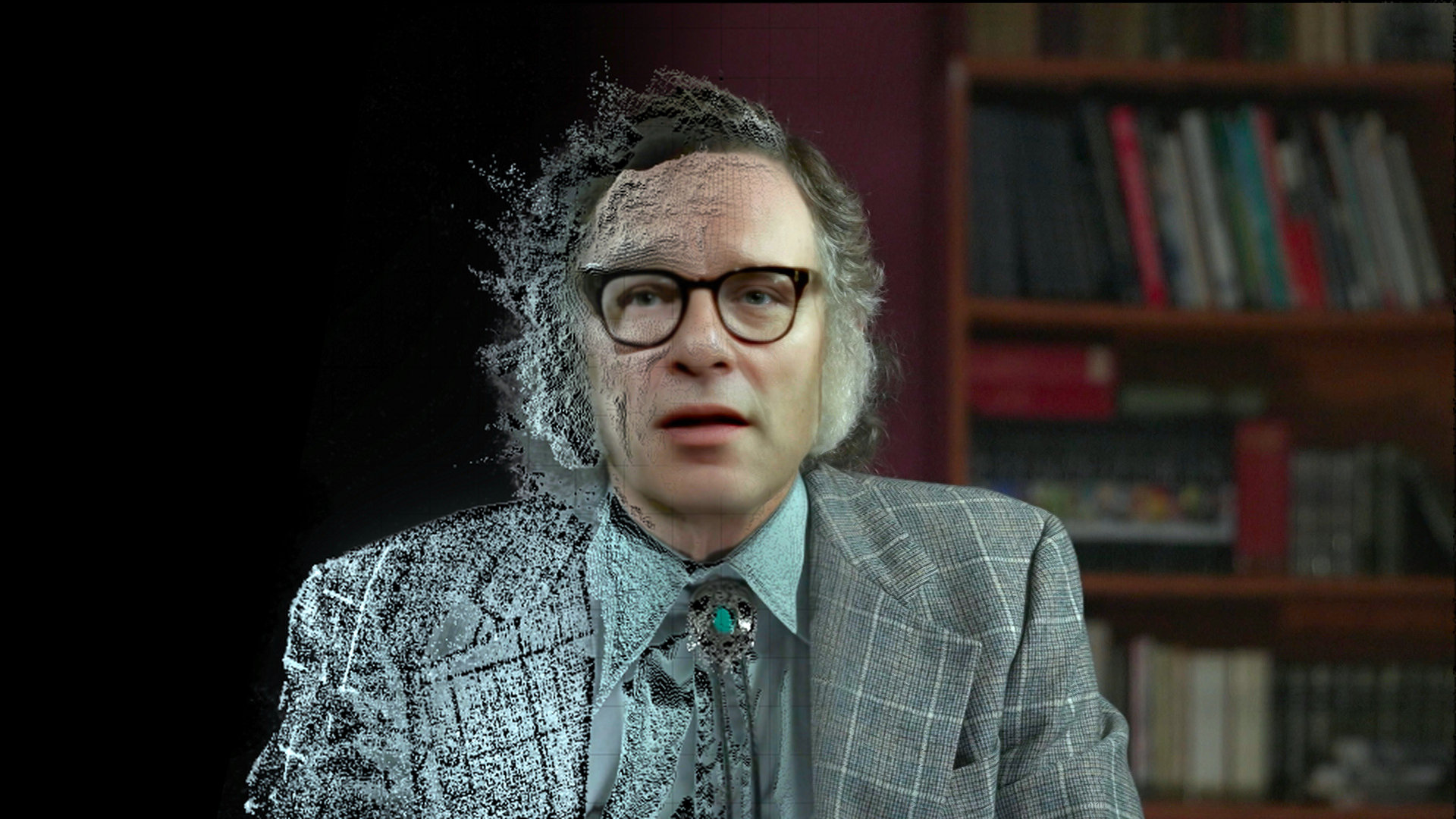
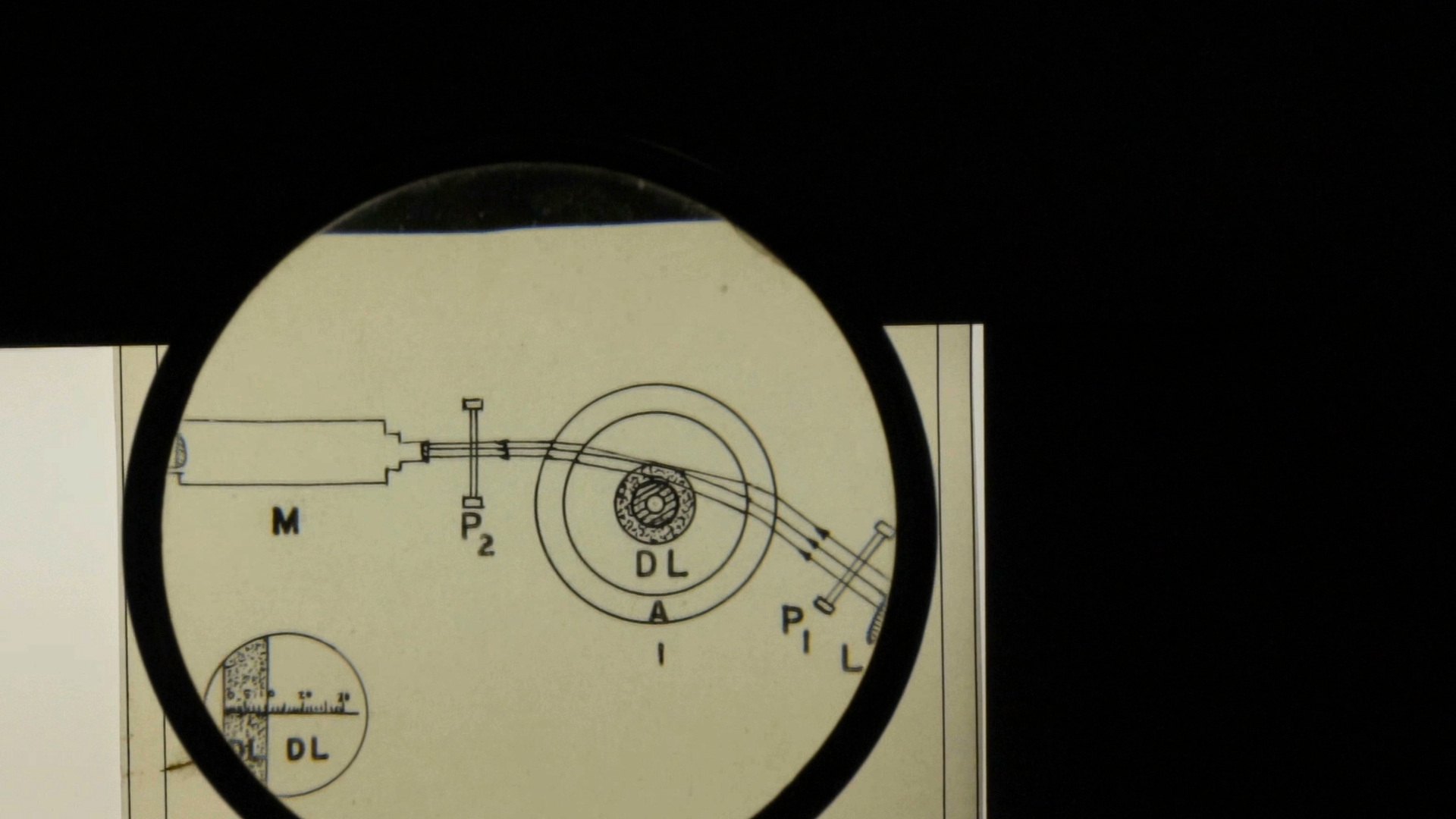
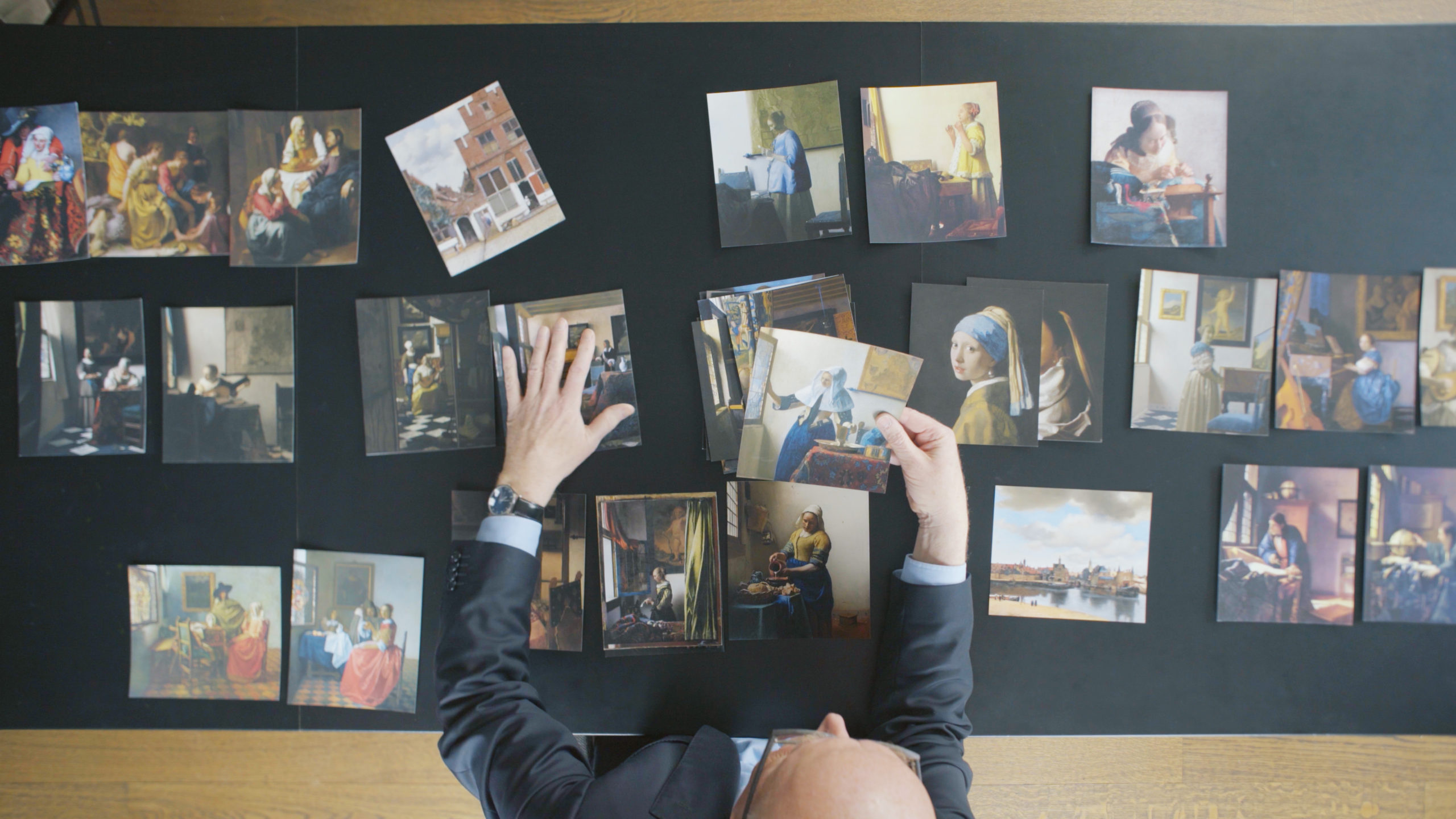
Interstellar travel, sentient machines, new forms of civilization – Isaac Asimov envisioned the entire future. In the grandest scales of time and space, as well as in the smallest details. He anticipated the ethical consequences of hypothetical events. This is the kind of science fiction Asimov practiced. When the hero of Isaac Asimov: A Message to the Future was writing his books, and there were hundreds of them, the visions contained within them remained solely in the realm of fantasy. Today, science has made many of them a reality, forcing us to confront issues such as artificial intelligence. French director Mathias Théry makes smart use of AI to raise several questions about the relationship between science and fiction.
When the protagonist of the film Thermodielectric passed away, Brazil bid farewell to him as an advocate for the peaceful use of atomic energy. He traveled the world and dedicated his entire life to this cause, maintaining only incidental contact with his family. His granddaughter and the author of the personal film, Ana Costa Ribeiro, attempts to reconstruct his character from private and public snippets of information. In this film scientific discovery becomes a process similar to practicing poetry. In both fields experimentation is fundamental. The motivation for both is curiosity and fascination with the world. The spark of inspiration – the source of the idea for realization. None of these can be automated.
As a master of baroque painting, he needs no introduction, but what is the secret behind his works? Is it the composition of paint? The technique of its application? The art of lighting? Or perhaps the decisive factor lies in intuition, feeling, the impression that intimate scenes evoke in the spectators? To paraphrase the words of the brilliant physicist Richard Feynman, one could say that the more we know about Vermeer, the deeper the scientific knowledge about his work, the richer, more fascinating – and invariably mysterious – he becomes. This is confirmed by the documentary Close to Vermeer directed by Suzanne Raes. The fates of true art enthusiasts – art historians, curators, conservators – intertwine in the effort to study his works.
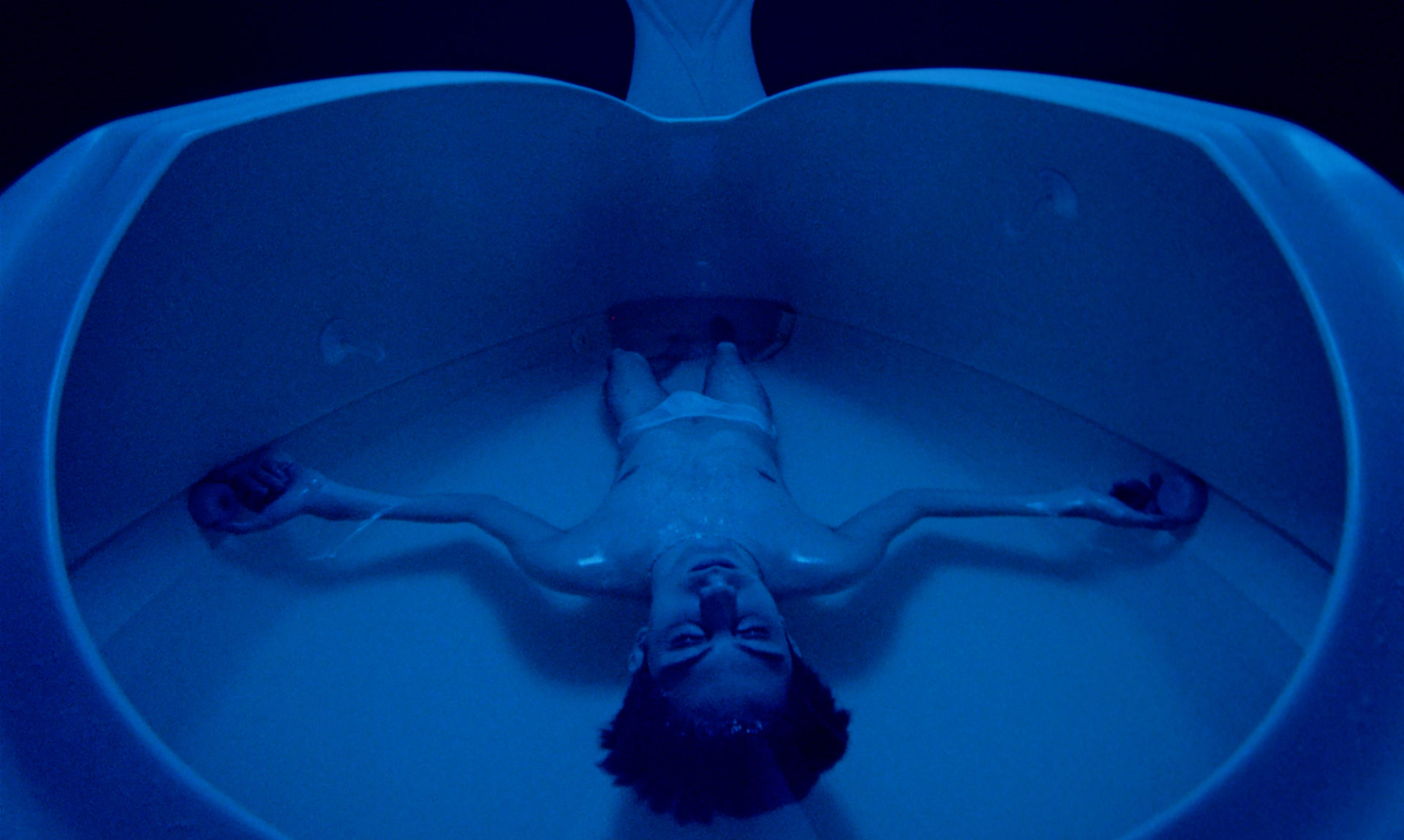
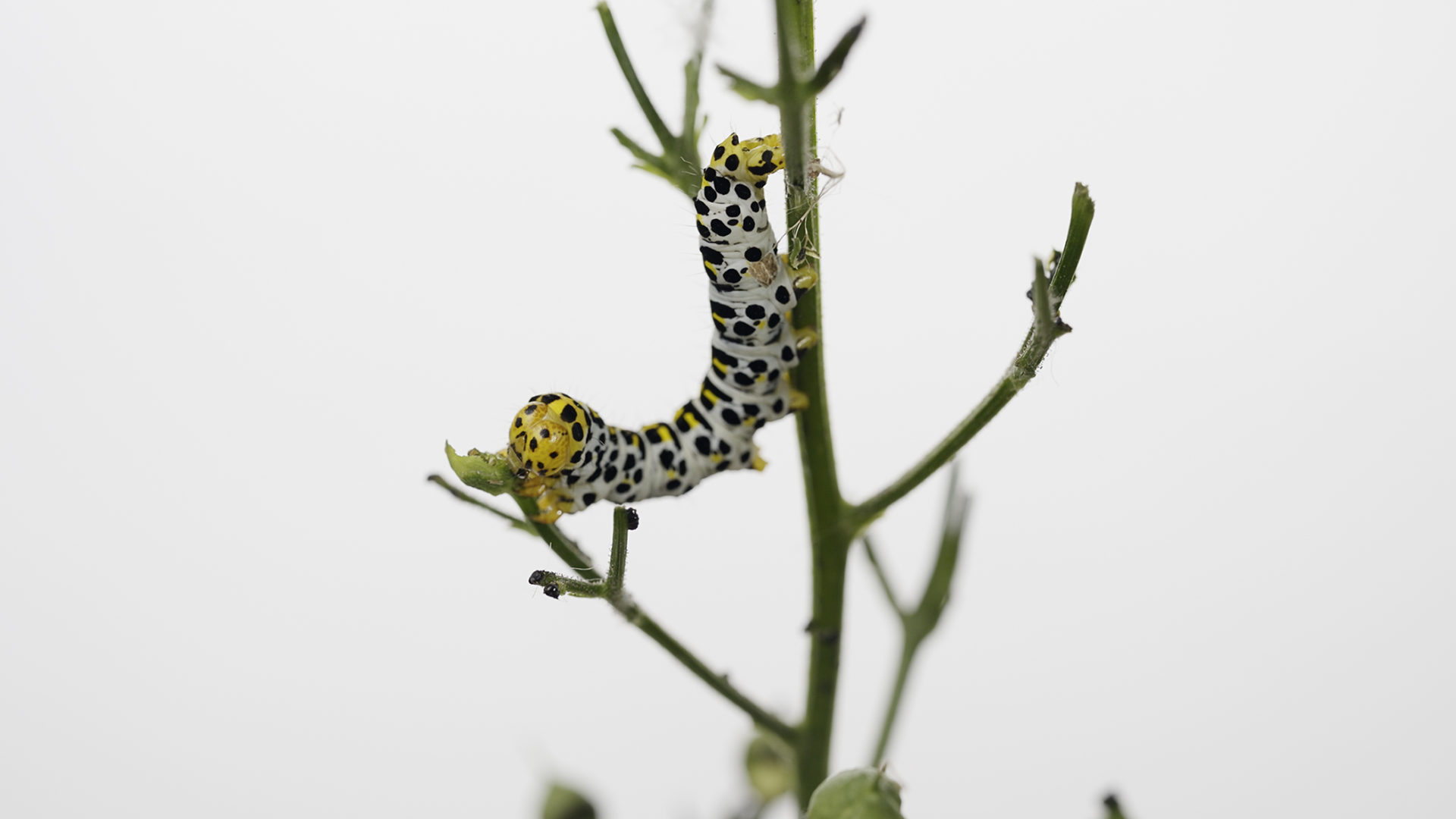
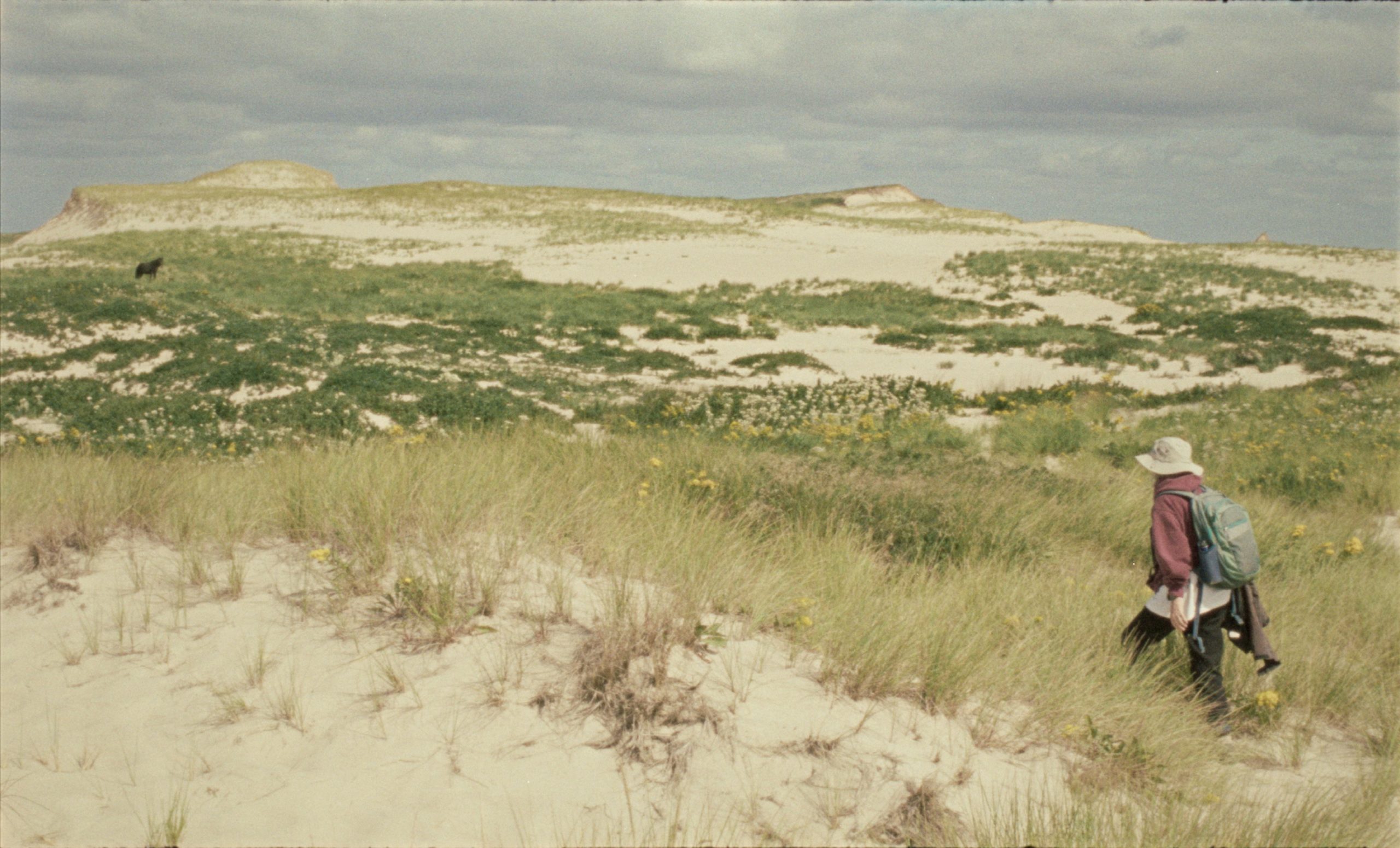
A portrait of Zoe Lucas was captured on 16 mm film. She was an environmentalist who dedicated over 40 years to studying Sable Island, a small island in the Atlantic waters of Canada. A chance visit in 1971 turned into a scientific, physical, but also irrational, extrasensory bond for Lucas. And the analysis of the population of wild horses living on the island – into a chronicle of eternal, cyclical intermingling of the living with the dead. And into a tale of the unfolding but all-encompassing Anthropocene beyond the horizon. Transcending the barrier of sight and sound, the almost synesthetic film Geographies of Solitude by Canadian director Jacquelyn Mills gives nature a voice.
Maria Sibylla Merian – Maria of flowers and butterflies. This seventeenth-century German researcher was a precursor in entomology, ecology, and developmental biology. She presented the results of her original, lifelong observations in the form of albums portraying the intimate life of insects with the discipline of a scholar and the talent of an artist. Pim Zwier, a Dutch filmmaker and photographer, follows her trail, subjecting viewers to an experiment – their patience and attentiveness will be the target of observation. If they succumb to the meditative nature of the documentary, they will attune themselves to the natural rhythm of nature observed by Merian. If they heighten their awareness, they will perceive Pim Zwier’s ascetic Metamorphosis isn’t just about the transformations of insects.
Sight. Hearing. Taste. Smell. Touch. This is the apparatus that evolution has equipped us with. We navigate a sensory world described by five coordinates. However, science and technology provide methods to expand it with additional dimensions, which researchers of new territories – not always legally – take advantage of. Artists, such as the one depicted by director Miguel Morillo Vega. A simple implant gives the protagonist of Cyborg Generation the chance to tune into the rhythm of collisions with cosmic radiation particles. To weave them into the music he creates. A more complete expression of sensitivity suppressed by conservative society. Being a cyborg means being a just a little more free.
Films in this year’s Docs+Science:
- Close to Vermeer, dir. Suzanne Raes, Denmark, 79’, 2023
- Geographies of Solitude, dir. Jacquelyn Mills, Canada, 103’, 2022
- Metamorphosis, dir. Pim Zwier, Kingdom of the Netherlands, 98’, 2023
- Isaac Asimov, a message to the future, dir. Mathias Théry, France, 54’, 2022
- Thermodielectric, dir. Ana Costa Ribeiro, Brasil, 72’, 2023
- Cyborg Generation, dir. Miguel Morillo Vega, Spain, 63’ 2024
Once again, KFF TALKS will be held during this year’s Festival. It’s a series of fascinating meetings and discussions with prominent figures from outside the world of film – held on the verge of philosophy, exact and natural sciences, and humanities – about the state of the world and the place of man in contemporary reality. One of these debates will be dedicated to artificial intelligence.
Projekt Pulsar is a partner and co-organisers of the Docs+Science project.
Passes for the 64th Krakow Film Festival are on sale now!
The Krakow Film Festival is on the exclusive list of qualifying events for the Oscars® in the categories of short film (live action, animated, documentary) and documentary feature, as well as a recommending event for the European Film Awards in the same categories.
Krakow Film Festival is carried out with the financial support of the City of Krakow, the Ministry of Culture and National Heritage, the Creative Europe Programme of the European Commission, Malopolska Region. The co-organiser is the Polish Filmmakers Association.
The 64th Krakow Film Festival will be held in cinemas from 26 May to 2 June and online across Poland on the KFF VOD platform from 31 May to 16 June 2024.